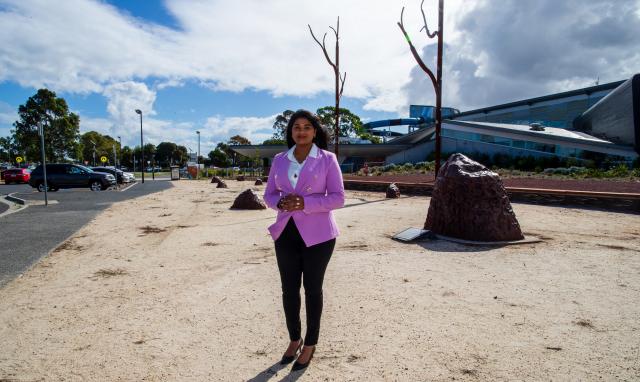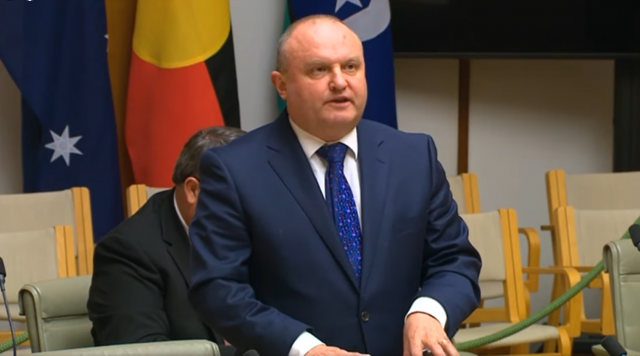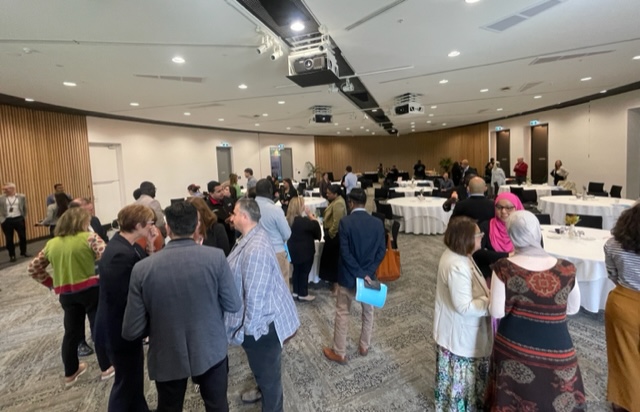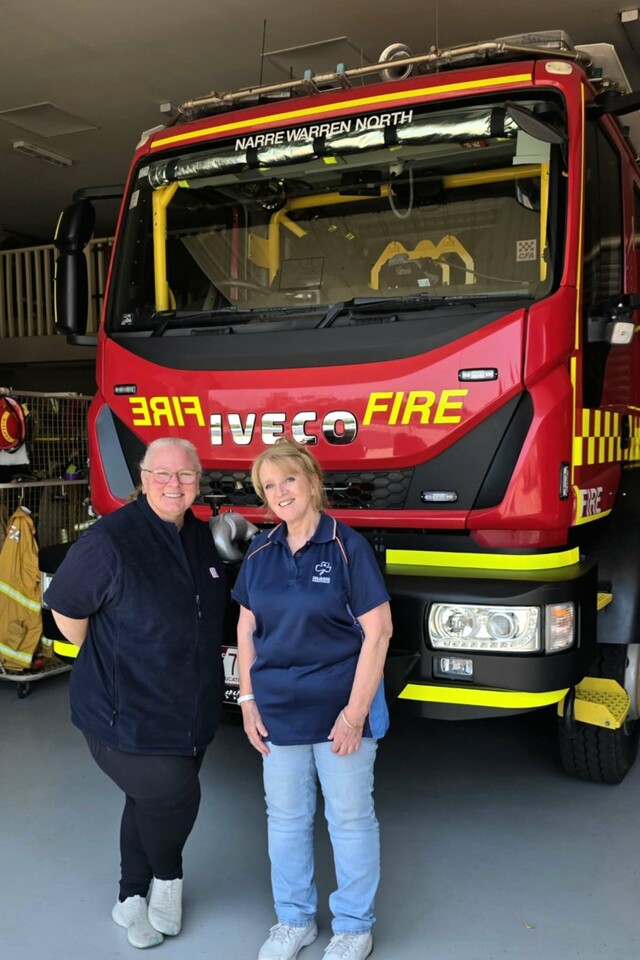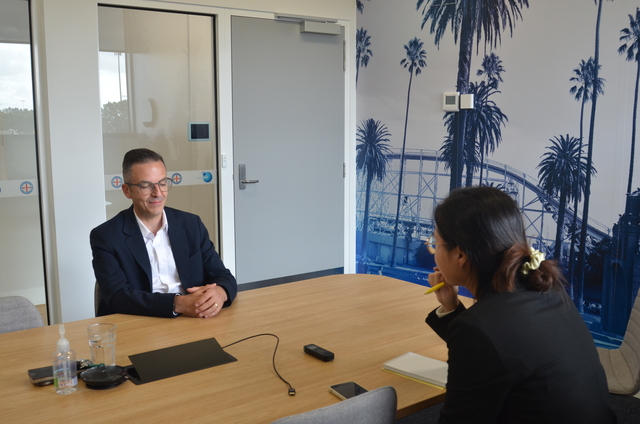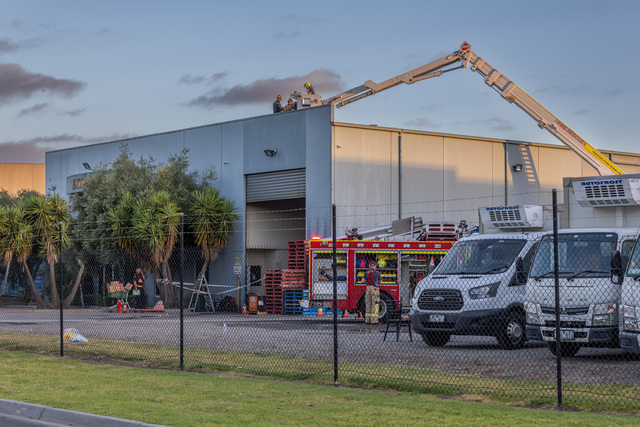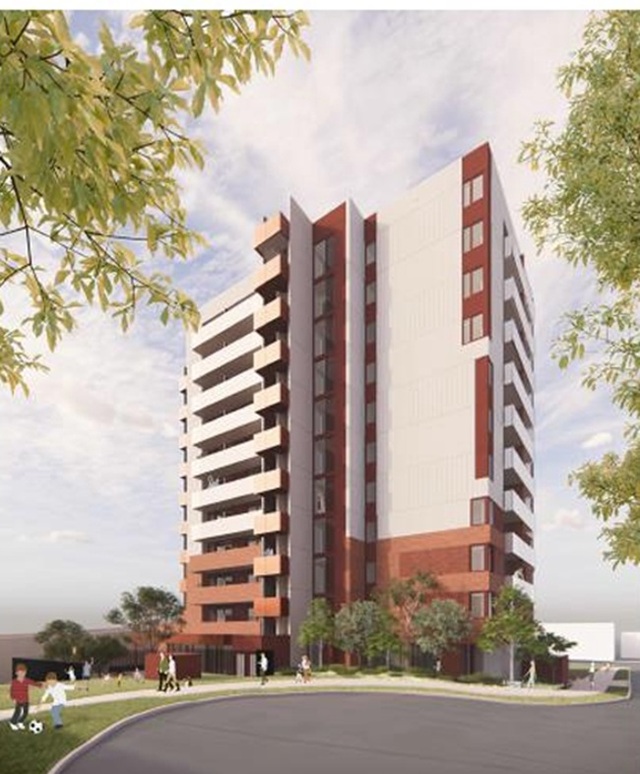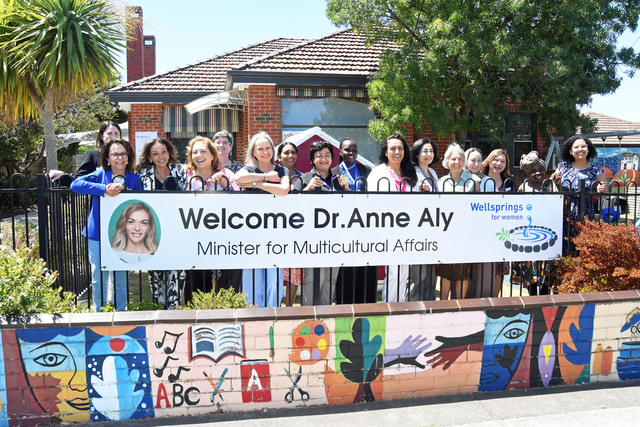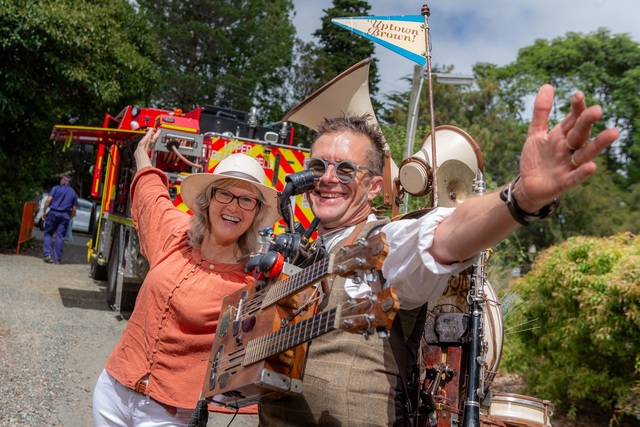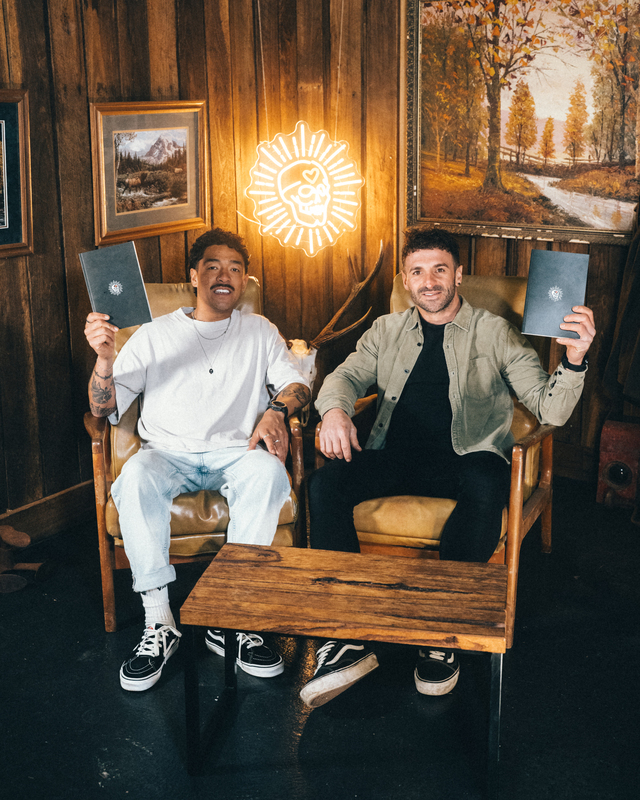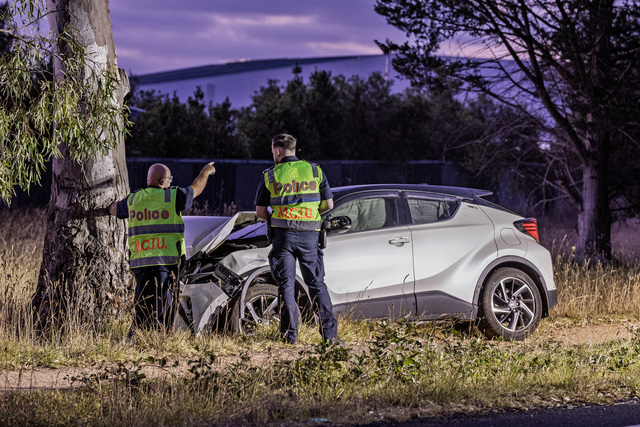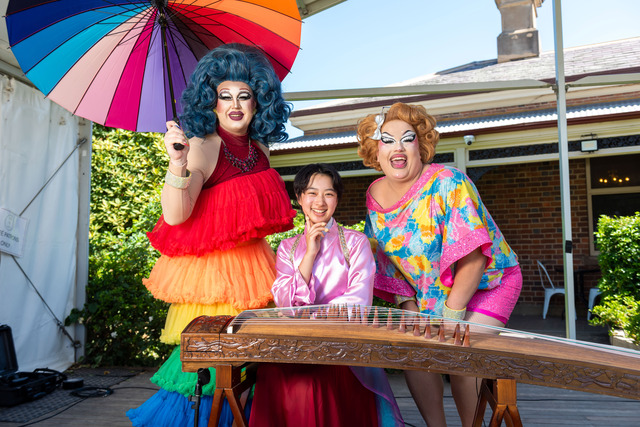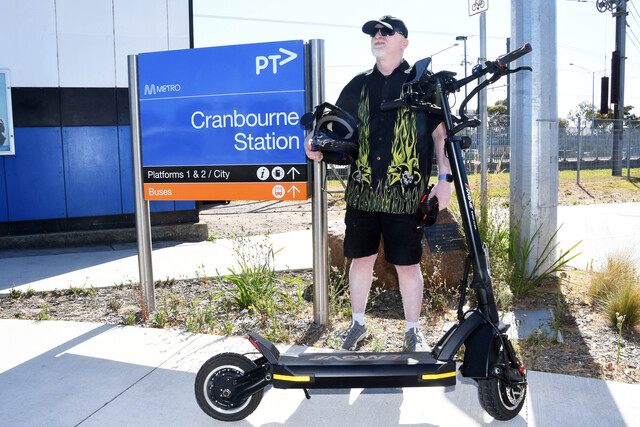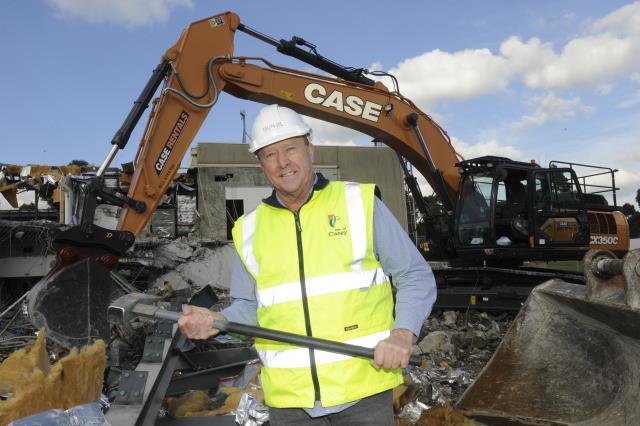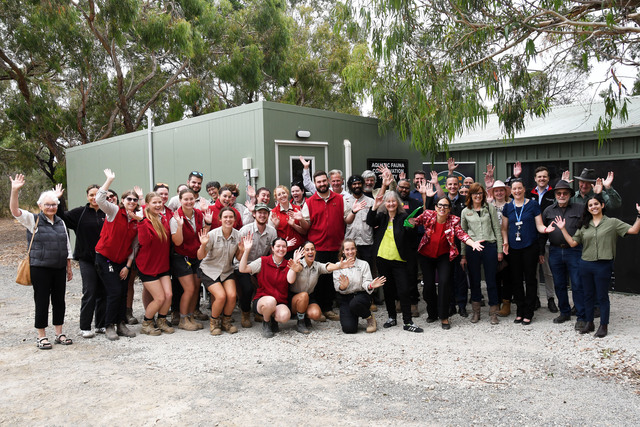Federal MPs of the South East are split on the Indigenous Voice to Parliament and unsure how some will vote after the Coalition’s announcement last week to support a ‘No’ vote in the referendum.
Liberal member for La Trobe, Jason Wood, has weighed in on the on-going debate about the Federal Government’s proposed referendum on the Indigenous Voice to Parliament.
Mr Wood supports his party’s criticisms against the proposed change to the constitution, while also supporting a free vote for his fellow backbenchers to vote either way they wish.
Last week, opposition leader Peter Dutton announced the Coalition will support a ‘No’ vote in the referendum.
Mr Wood explained that the Coalition supports the recognition of First Nations in the constitution, but not the overall package.
“The Coalition supports constitutional recognition, but not the constitutional change Labor has wrapped in with it,” he said.
“For us, in a legal sense, it’s a bridge too far.”
The referendum is first and foremost the question of whether the country wants to change the constitution to acknowledge First Nations people.
The Labor Government’s proposal is to enact this acknowledgement with the establishment of an ‘Aboriginal and Torres Strait Islander Voice’.
The question posed includes the amendment that would establish a new body, elected and appointed by Aboriginal and Torres Strait Islanders that can make ‘representations’, in-other-word advice, to Parliament and the executive of the Federal Government on issues regarding Aboriginal and Torres Strait Islanders.
It has no veto power, no binding power or ability to handle budgets in Government.
This is the ‘Voice’ to Parliament, an independent advisory body to the Government on issues relating to First Nations people.
“Labor is acting as if both recognition and the change are the same,” Mr Wood said.
“And the problem for the Coalition is we don’t know how exactly the Voice is going to work.
“Most of all, the party wants to see practical measures.”
While in the next seat over, Labor Member for Holt, Cassandra Fernando, defended her party’s policy.
“The Voice is about giving Aboriginal and Torres Strait Islander Australians a say on the laws and policies that affect them,” she said.
“We need the Voice so that better policies will be made and we can improve the lives of First Nations people.
“The Voice is about listening to people on the ground, when government is better informed, you get better outcomes.”
Ms Fernando also emphasised breaks in the Coalition and hopes more will come soon.
“I commend former Shadow Attorney-General Julian Leeser’s principled decision to campaign for a yes vote at the referendum,” she said.
“Mr Leeser’s decision shows that Australians of all political persuasions are coming together to support the Voice and I am confident more Liberal MPs will join Mr Leeser.”
MP Julian Leeser recently quit as the Coalition’s Shadow Attorney General and Shadow Minister for Indigenous Australians after Mr Dutton’s announcement against the Voice to Parliament.
Mr Leeser will campaign for ‘Yes’ in the referendum.
This also comes after Ken Wyatt, Liberal MP who was the first indigenous member of the House of Representatives, resigned from the Liberal Party in opposition to Mr Dutton’s stance.
The Coalition’s counter to the Voice, Mr Wood explained, is a regional and rural body based on legislation, not constitutional change.
“Regional bodies would be set up in indigenous communities that would then feed into the Federal Government,” Mr Wood said.
“It would be based on legislation that is more practical than constitutional change.”
The Coalition claims legislating a new body is a more practical step compared to changing the constitution.
Labor Member for Bruce, Julian Hill, also stepped, slamming the counters of the Coalition as cynical.
“What the Liberals are saying about “detail“ and “not knowing how this will work“ are blatant lies – it’s all written down and publicly available,” he said.
“Peter Dutton was never going to support Indigenous reconciliation. In 2007 he walked out of Parliament during the Apology to Indigenous People, and in 2023 he’s turning his back, refusing to listen.”
Mr Hill also acknowledged the splits in the Coalition.
“Even senior Liberals are now quitting the Party and disagreeing with their stance.”
Despite emphasising the criticisms made by his party, Mr Wood also sought fair debate on the referendum.
“I fought to make sure the backbench has a free vote,” he said.
“I think everyone needs to have respect and have a fair debate on this.”
Mr Wood’s colleague to the east, Member for Monash Russell Broadbent was one of few of the Coalition to come out in support of the Voice.
Contributing to a book released in February, Mr Broadbent made his case for ‘Yes’ regarding the Voice to Parliament.
Speaking to the Warragul Gazette in early March, Mr Broadbent explained his support.
“We walk together or we continue to stumble blindly, We fail to take up the invitation at our peril,” he said.
“The invitation is one that must not be ignored but embraced in its fullness.”
Mr Broadbent was contacted regarding recent developments, but declined to comment.
Fellow Liberal Member for Casey, Aaron Violi, has said he has not made a final decision for ‘yes’ or ‘no’, despite his party executive’s decision.
The bill for the referendum was formally introduced to the Federal Parliament on 30 March.
The referendum is set to take place in late 2023.


